Gen. Milley admits Washington ‘lost’ 20-year war in Afghanistan
Joint Chiefs of Staff Chairman General Mark Milley has admitted that the US “lost” the 20-year-long war in Afghanistan, weeks after American forces chaotically withdrew from the war-ravaged country and the Taliban militant group overthrew the Afghan government.
Milley made the stark admission before the House Armed Services Committee on Wednesday, a day after he described the two-decade-long war as a “strategic failure” in his first congressional testimony before members of the US Senate Committee on Armed Services.
"It is clear. It is obvious to all of us, that the war in Afghanistan did not end on the terms we wanted, with the Taliban in power in Kabul. The war was a strategic failure,” the head of the US Joint Chiefs of Staff told the hearing of the committee about the US troop withdrawal from Afghanistan and the disastrous evacuation from Kabul.
Milley stressed that the US-imposed war on Afghanistan “wasn't lost in the last 20 days or even 20 months,” but it was “lost” through decisions spanning 20 years.
“There's a cumulative effect to a series of strategic decisions that go way back,” said the 63-year-old general, the top military advisor to President Joe Biden, who ordered an end to the two-decade US troop presence in Afghanistan.
The government of Afghanistan collapsed on August 15 and President Ashraf Ghani fled the country in the face of the lightning advances of the Taliban, which followed Biden’s decision to withdraw the American troops in a chaotic pullout.
The Taliban first ruled Afghanistan from 1996 to 2001 until the US-led NATO invaded the country and toppled its government in 2001 on the pretext of fighting terrorism and eliminating the al-Qaeda terrorist group following the September 11 attacks in the US.
According to the Cost of War Project at Brown University, the war has resulted in the death of 2,324 US military personnel, 4,007 US contractors, and 46,319 Afghan civilians.
“Whenever you get some phenomenon like a war that is lost -- and it has been, in the sense of we accomplished our strategic task of protecting America against al-Qaeda, but certainly the end state is a whole lot different than what we wanted,” Milley added.
“So whenever a phenomenon like that happens, there's an awful lot of causal factors. And we're going to have to figure that out. A lot of lessons learned here,” he further said.
The head of the US Joint Chiefs of Staff also listed a number of factors purportedly responsible for the US defeat going back to a missed opportunity to capture or kill al-Qaeda leader Osama bin Laden at Tora Bora in eastern Afghanistan soon after the US invasion of the country.
Milley, Pentagon chief Lloyd Austin, and General Kenneth McKenzie, commander of US Central Command (CENTCOM), were summoned to Congress on Tuesday to testify on American military forces' humiliating defeat in Afghanistan.
Milley described the war as a “strategic failure and Austin admitted that the Afghan army's sudden collapse caught the Pentagon off guard as he acknowledged US miscalculations in the war.
McKenzie, as well as Milley, also said that they had recommended 2,500 US troops remain in Afghanistan, contradicting comments made by Biden earlier this year.
White House press secretary Jen Psaki said that it was Biden who made the ultimate decision based on “split” advice he revived about what to do in Afghanistan.
“Ultimately, it's up to the commander-in-chief to make a decision. He made a decision that it was time to end a 20-year war,” she added.
Biden and the Pentagon leaders remain under intense scrutiny for the chaotic exit of the military from Afghanistan and the failure to provide a safe passage for US citizens and some Afghans from Kabul.
'Capitulation': Israeli officials and media concede Gaza defeat as truce unfolds
'Gaza has won': Social media users react to ceasefire with mix of relief, joy
Iran seeks South Korea’s assistance for AI, fiber-optic projects
VIDEO | Iran's 'Eqtedar' (Power) maneuver
Israel hits HTS military target in Syria for 1st time since fall of Assad
VIDEO | Press TV's news headlines
Israel has slaughtered 13,000 students in Gaza, West Bank
VIDEO | More Zionist than Zionists: Biden’s legacy to be defined by Gaza genocide


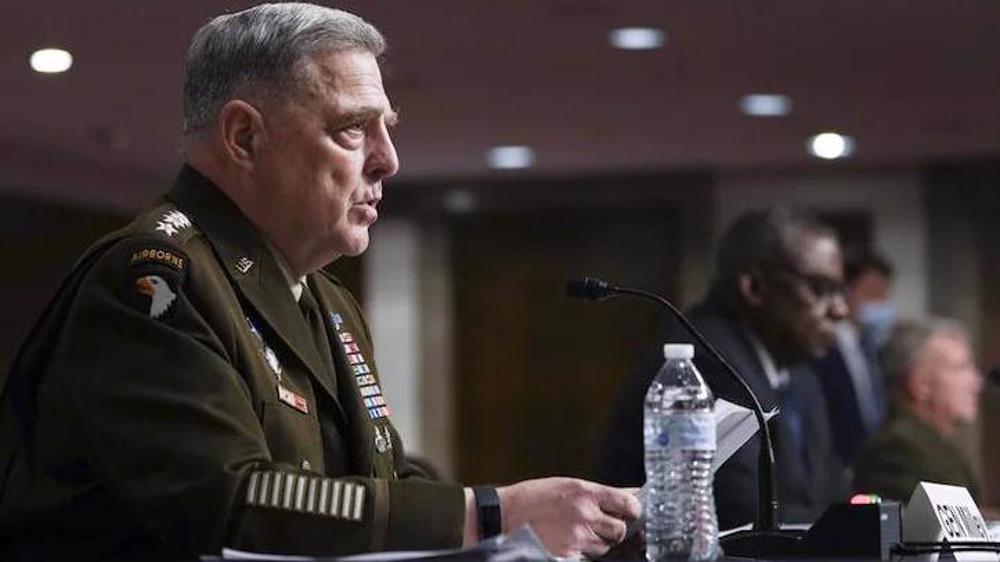
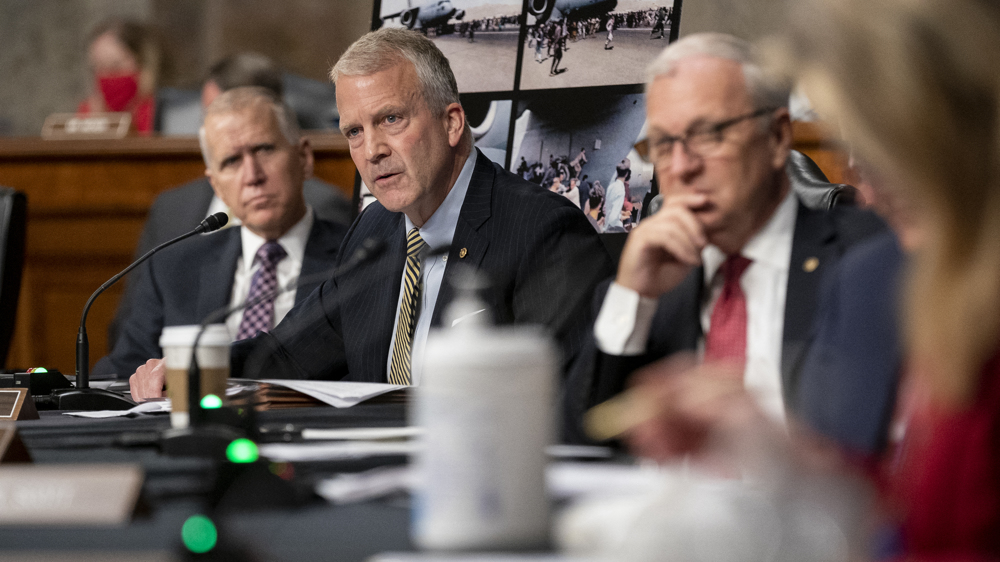
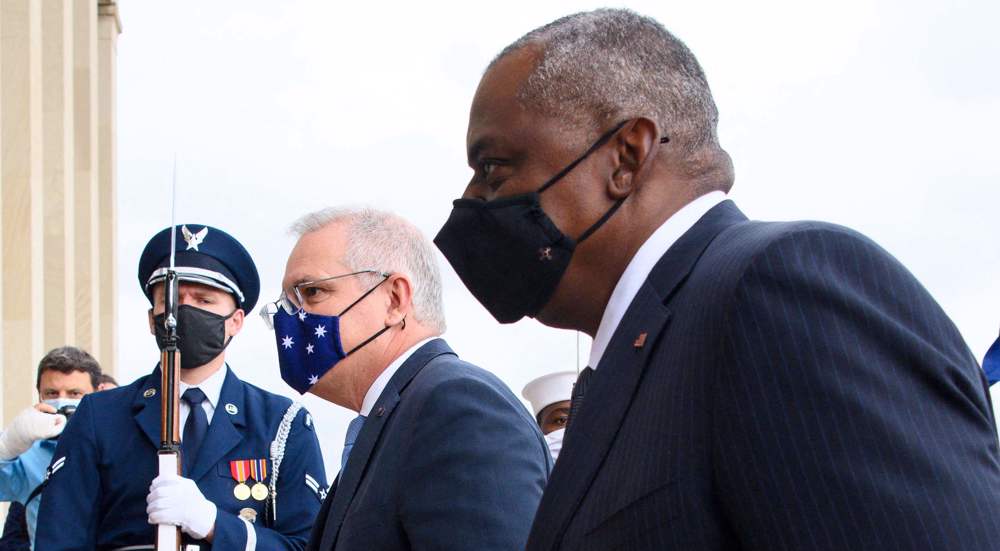

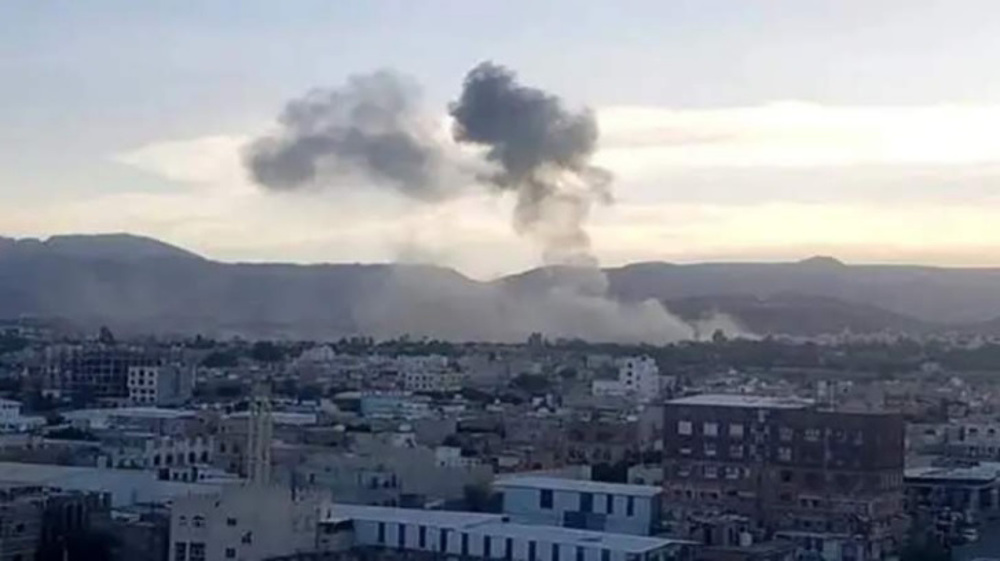




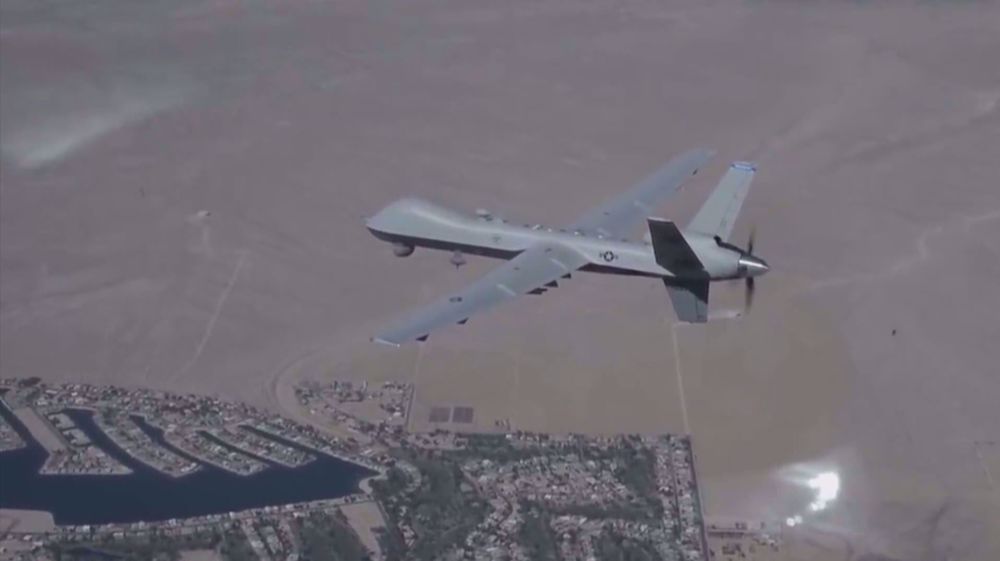
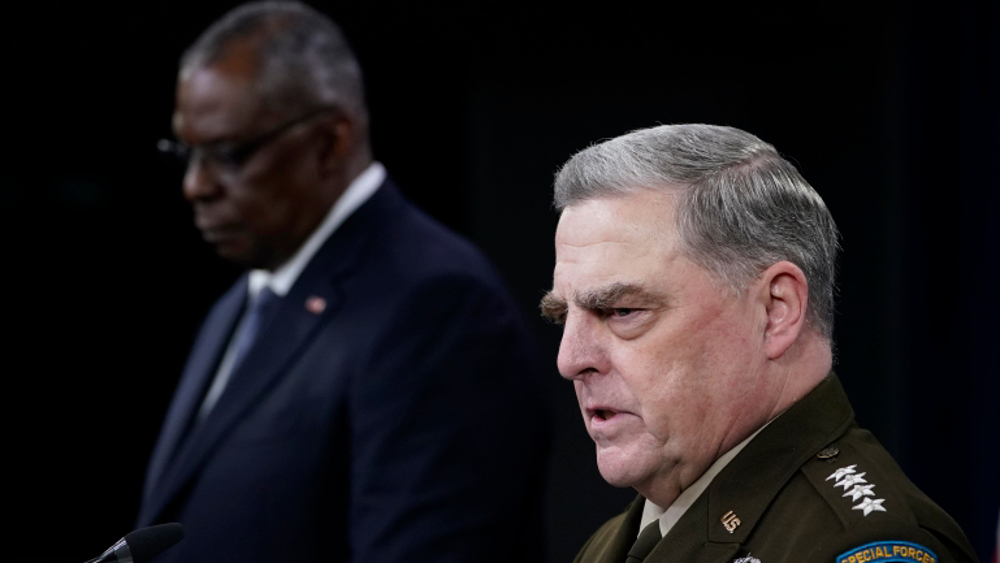
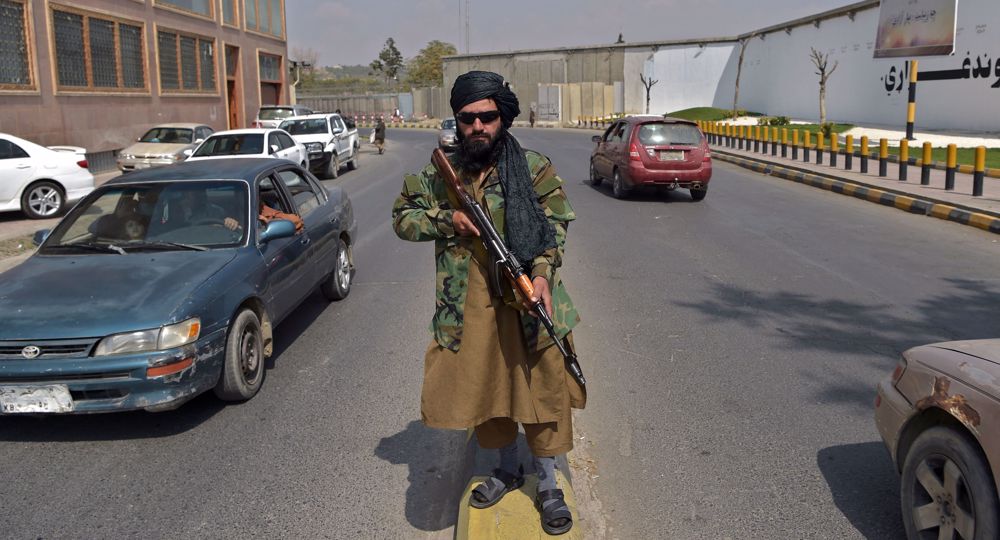

 This makes it easy to access the Press TV website
This makes it easy to access the Press TV website